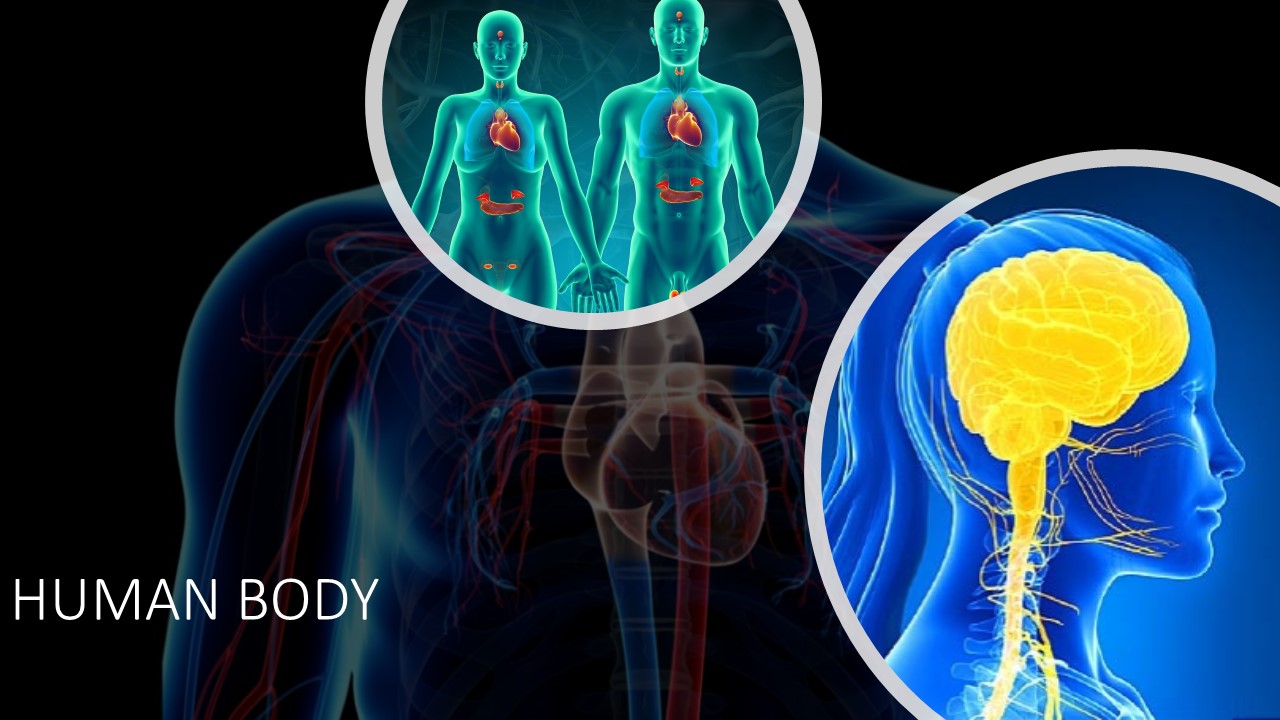Description
Endocrine system – Hormones
An endocrine system is a group of glands of a living being which secrete hormones directly into the circulatory system which in turn will be carried forward to distant target organs. Some of the major endocrine glands are the pituitary gland, pineal gland, ovaries, pancreas, testes, parathyroid gland, thyroid gland, and adrenal glands.
The human endocrine system, together with the heterocrine and exocrine glands helps in the control and co-ordination of the body. Both the nervous and the endocrine systems together form the neuro-endocrine system. The chemical messengers secreted by glands are known as hormones. Each hormone generally affects the target cells and controls physiology and behaviour. Hormones have various chemical structures.
General features of endocrine glands
Ductless glands: secretions are poured directly from gland into the bloodstream.
Secretions are called hormones.
Functions and effects of hormones are highly specific.
Responsible for chemical co-ordination of body.
Blood Circulatory System
Functions and components of the circulatory system
To provide nutrients and remove wastes- different methods are seen, for example:
Simple organisms such as amoeba, algae- diffusion.
Complex organisms – transport system or circulatory system.
Transport/Circulatory System in humans is a closed system because circulatory fluid – blood – is always contained inside the blood vessels.
Three main components of the circulatory system:
Heart.
Blood vessels.
Blood.
Nervous system and Sense Organs
The Nervous system consists of the brain, spinal cord, sensory organs, and all of the nerves that connect these organs to the rest of the body.
The entire nervous system can be divided into two subsystems, namely, central nervous system and peripheral nervous system.
The Central nervous system: is made up of the brain, spinal cord, and a highly complex network of neurons.
The Peripheral nervous system: consists of sensory neurons, ganglia, and nerves that connect to one another and to the central nervous system.
The basic functioning of the nervous system depends on tiny cells called neurons. The brain has billions of them, and they have many specialized jobs.
Free
Free
Free access this course
-
LevelIntermediate
-
Total Enrolled4
-
Last UpdatedDecember 15, 2025
Hi, Welcome back!
Material Includes
- 🔥 Live Interactive classes with in-class doubt solving
- ⭐ Weekly Test and Quiz with instant tracking for progress
- ⚙️ Revision of the course after testing
- 👋 Fortnightly Parents and Tutor interactions
- 🌷 Expert monitoring of student's learning progress
- 👨👩👧👧 Daily communication over call, whatsapp and mail
- 💻3 hours on-demand video
- ✍4 downloadable resources
- ⌛Access for entire Academic Year
- 📱Access on mobile and Desktop
- 📋Assignments and review of the same
- 💡Tests and Correction by Board paper checkers
- 🏅Certificate of completion and Live tracking with Grade book
Course Duration:
0
Course level:Intermediate
Enrolled:4
About Course
In this section will learn this following chapters:L
1.ENDOCRINE SYSTEM
2.CIRCULATORY SYSTEM
3.NERVOUS SYSTEM
Course Curriculum
ENDOCRINE SYSTEM
-
ENDOCRINE SYSTEM – SUPPORT MATERIAL – ENDOCRINE SYSTEM
04:38 -
ENDOCRINE SYSTEM – PHYSICAL CLASS – COMPONENTS OF ENDOCRINE SYSTEM – ADRENAL GLAND
16:30 -
ENDOCRINE SYSTEM – PHYSICAL CLASS – COMPONENTS OF ENDOCRINE SYSTEM – PANCREAS AND PITUTORY
10:55 -
ENDOCRINE SYSTEM – PHYSICAL CLASS – COMPONENTS OF ENDOCRINE SYSTEM – PITUTORY GLAND
19:56 -
ENDOCRINE SYSTEM – PHYSICAL CLASS – COMPONENTS OF ENDOCRINE SYSTEM – THYROID GLAND
18:17 -
ENDOCRINE SYSTEM – PHYSICAL CLASS – ADOLESCENE
19:01 -
ENDOCRINE SYSTEM – PHYSICAL CLASS – EFFECTS OF PUBERTY
03:10 -
ENDOCRINE SYSTEM – PHYSICAL CLASS – PUBERTY
19:36 -
QUIZ – ENDOCRINE SYSTEM 1 – LET’S RECALL
CIRCULATORY SYSTEM
-
CIRCULATORY SYSTEM – PHYSICAL CLASS – VASCULAR SYSTEM
06:41 -
CIRCULATORY SYSYTEM – PHYSICAL CLASS – CIRCULATION OF BLOOD
16:55 -
CIRCULATORY SYSTEM – PHYSICAL CLASS – TRANSPORT SYSTEM
09:47 -
CIRCULATORY SYSTEM – PHYSICAL CLASS – HEART – DOUBLE CIRCULATION
10:53
NERVOUS SYSTEM
-
[RHEA] NERVOUS SYSTEM – STRUCTURE OF NEURON, PARTS OF NERVOUS SYSTEM & STRUCTURE OF BRAIN
40:23 -
NERVOUS SYSTEM – PHYSICAL CLASS – PART – I
10:16 -
NERVOUS SYSTEM – PHYSICAL CLASS – PART – II
09:00 -
NERVOUS SYSTEM – SUPPORT MATERIAL – AUTONOMOUS NERVOUS SYSTEM
01:47 -
NERVOUS SYSTEM – SUPPORT MATERIAL – HUMAN NERVOUS SYSTEM, REFLEX AND BRAIN
04:35 -
NERVOUS SYSTEM – SUPPORT MATERIAL – VOLUNTARY AND INVOLUNTARY ACTIONS
04:35 -
NERVOUS SYSTEM – SUPPORT MATERIAL – REFLEX ACTION AND ARC
00:53
Student Ratings & Reviews

No Review Yet


